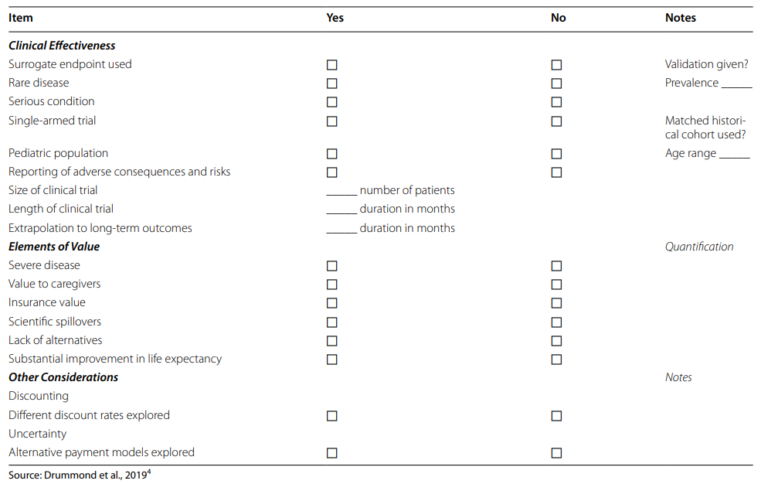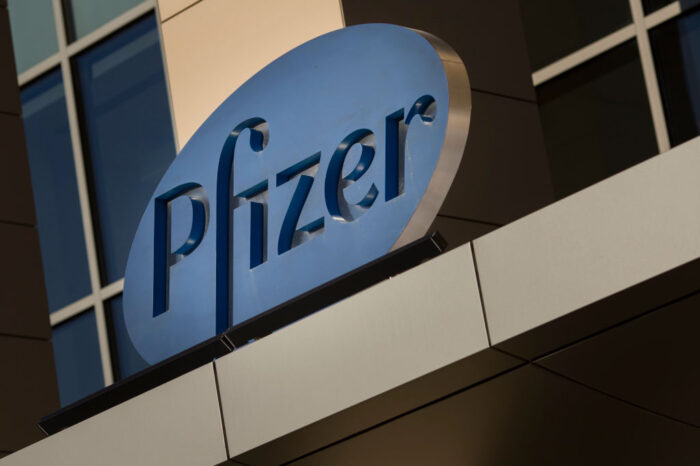
Oncology-focused digital health company Flatiron Health, which Roche acquired in a $1.9 billion deal in 2018, is announcing a strategic collaboration with the Association of Cancer Care Centers (ACCC) to promote access to clinical trials in the community setting, improve clinical study efficiency and enhance the gathering of study-related data.
ACCC is an advocacy group comprising a nationwide network of more than 34,000 practitioners of various disciplines and 1,700 care programs and practices.
The organization provides resources, education and tools to the oncology community, including information on state and national regulations, reimbursement issues, and integration of new therapies and technologies.
Flatiron Health is an oncology-focused health technology company that aims to enhance the clinical trial process, from design and implementation to post-marketing studies. The company also offers electronic health record (EHR) services and clinical decision support tools to providers.
“This clinical research partnership is built really around two initiatives,” Dr. Ivy Altomare, head of research oncology and clinical research at Flatiron Health, told MobiHealthNews.
“One is a research initiative, which is our collaboration with ACCC and ACORI [ACCC’s Community Oncology Research Institute] on a project to study the characteristics of clinical trials that are being run at community oncology practices.
“Then we have an operational collaboration, and that’s really to help raise awareness about the technology available to streamline and improve the efficiency of clinical trial conduct, and specifically lessen the burden of data entry for cancer clinical trials.”
The companies, which have partnered previously on various initiatives to support cancer care delivery, will work to accelerate clinical research in the community setting by boosting access to Flatiron’s clinical trial data platform.
Flatiron Clinical Pipe connects EHRs to electronic data capture (EDC) to improve the efficiency of gathering clinical trial data. The software enables the automated transfer of patient data from a patient’s health record into a research database.
“Data can be selected, then electronically pushed into the research database at the click of a button, eliminating manual transferring of copying numbers from one system to another system,” Altomare said.
The partnership will use EHR-to-EDC technology to streamline data management during clinical trials and increase access to and improve efficiency for patients seeking oncology-focused clinical trials.
“The data is coming from the EHR source. So, for example, in lab data, the research coordinator will see what information is required by the trial, select those data elements from the health record, and then basically select them and push them for transfer. Since the data comes directly from the health record, the FDA does not consider it as needing to undergo source data verification. So that’s an added efficiency,” Altomare said.
Flatiron Health said it will raise awareness of how the technology can accelerate clinical research operations, be used interoperably with different EHR systems, and be available for community practices and academic centers to run clinical trials with more efficient data transfer.
“Clinical research is really important in oncology, more than any other therapeutic area. There are so many new drugs available, and drug development has exploded, which is really fantastic for patients. But having access to those novel therapies is critical,” Altomare said.






